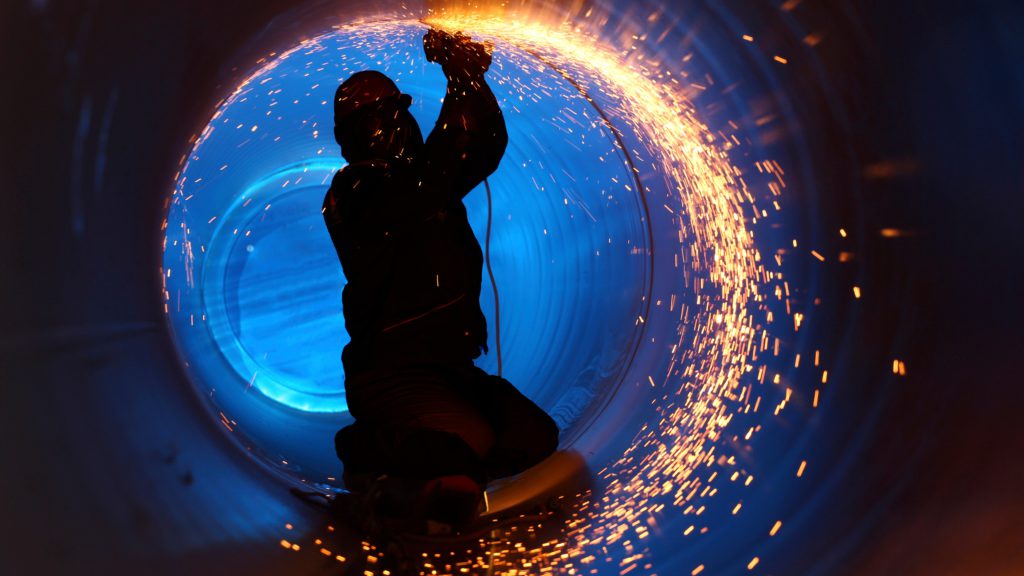Energy transition faces metals gap unless investment rises, report finds

Rapid demand growth as a result of the energy transition could lead to a shortage of several metals in the next decade unless investment is increased, a global group of energy producers, consumers and financial institutions said.
Large supply gaps for lithium, nickel, graphite, cobalt, neodymium and copper could lead to higher prices and delay the goal of reaching net-zero emissions by 2050, the Energy Transitions Commission (ETC) said in a report.
To reduce the risk of shortage, mines need to produce more, but large-scale mining projects can take up to 20 years to come online, and the last decade was characterised by a lack of investment in exploration and output, the ETC said.
“In some key minerals – particularly lithium and copper – it will be challenging to scale up supply fast enough over the next decade to keep pace with rapidly rising demand,” ETC Chair Adair Turner said in the report.
Annual capital investment in energy transition metals averaged $45 billion over the last two decades compared with the $70 billion needed each year through to 2030 to expand supply, the ETC said.
“Governments, regulators, producers and consumers must work together to increase recycling, improve material efficiency, invest in new mining, and regulate environmental and social standards,” Turner said.
The energy transition, according to the commission, will require production of up to 6.5 billion tonnes of materials cumulatively between 2022 and 2050, with steel, copper and aluminum accounting for 95%.
The forecast assumes an aggressive deployment of clean energy technologies for global decarbonization and that recycling and the amount of material needed would follow recent trends.
However, if investors manage to speed up progress on technology, efficiency and the recycling of clean energy materials, the cumulative need for fresh supply from mines would eventually fall by 20%–60%, it added.
(By Polina Devitt; Editing by Barbara Lewis)
More News
{{ commodity.name }}
{{ post.title }}
{{ post.date }}




Comments